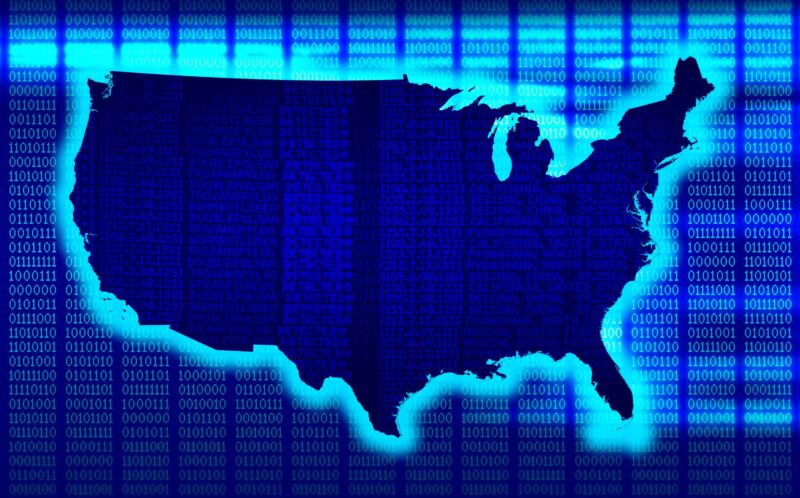
Republican lawmakers are fighting a Biden administration attempt to bring cheap broadband service to low-income people, claiming it is an illegal form of rate regulation. GOP leaders of the House Energy and Commerce Committee announced an investigation into the National Telecommunications and Information Administration (NTIA), which is administering the $42.45 billion Broadband Equity, Access, and Deployment (BEAD) program that was approved by Congress in November 2021.
“States have reported that the NTIA is directing them to set rates and conditioning approval of initial proposals on doing so. This undoubtedly constitutes rate regulation by the NTIA,” states a letter to the NTIA from Committee Chair Cathy McMorris Rodgers (R-Wash.), Subcommittee on Communications and Technology Chair Bob Latta (R-Ohio), and Subcommittee on Oversight and Investigations Chair Morgan Griffith (R-Va.).
As evidence, the letter points to a statement by Virginia that described feedback received from the NTIA. The federal agency told Virginia that “the low-cost option must be established in the Initial proposal as an exact price or formula.”
The Republicans said anecdotal evidence suggests “the NTIA may be evaluating initial proposals counter to Congressional intent and in violation of the law.” They asked the agency for all communications about the grants between NTIA officials and state broadband offices.
The US law that ordered NTIA to distribute the money requires that Internet providers receiving federal funds offer at least one “low-cost broadband service option for eligible subscribers.” But the law also says the NTIA may not “regulate the rates charged for broadband service.”
We’re following the law, agency says
An NTIA spokesperson told Ars that the agency is working to implement the law’s requirement that grant recipients offer an affordable service tier to qualifying low-income households. “We’ve received the letter and will respond through the appropriate channels. NTIA is working to implement BEAD in a manner that is faithful to the statute,” the agency said.
NTIA Administrator Alan Davidson tried to deflect Republican criticism of the low-cost requirements at a hearing in May. He said that requiring a low-cost option, as the law demands, is not the same as regulating broadband rates.
“The statute requires that there be a low-cost service option,” Davidson told Latta at the hearing, according to Broadband Breakfast. “We do not believe the states are regulating rates here. We believe that this is a condition to get a federal grant. Nobody’s requiring a service provider to follow these rates, people do not have to participate in the program.”
The NTIA needs to evaluate specific proposals to determine whether plans are low-cost, he said. “You have to be able to understand what is affordable,” Davidson was quoted as saying. “Every state has to submit a low-cost option that we can understand is affordable. When states do that, we will approve their plans.”
https://arstechnica.com/?p=2036276

